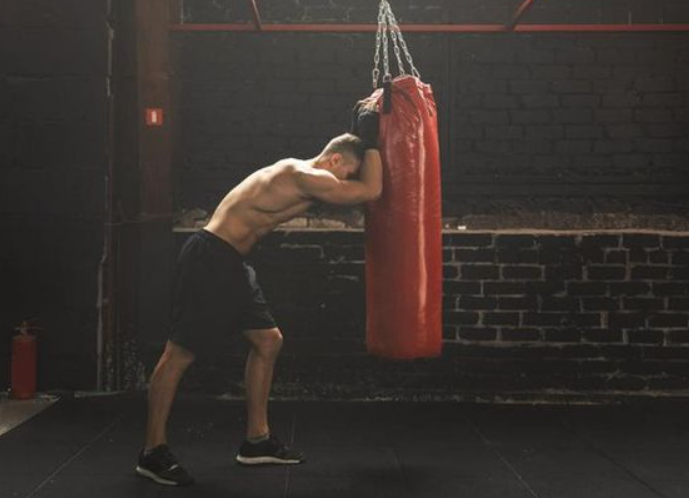When we think of athlete burnout, images of Premier League players retreating from the spotlight or Olympic hopefuls taking a break after the Games spring to mind. But there’s a quieter, far more common form of burnout happening on muddy pitches, in local leisure centres, and on school courts up and down the country. It’s the exhaustion felt not by pros — but by the lifeblood of British sport: amateur athletes.
They aren’t paid. They don’t have nutritionists or psychologists on speed dial. Yet they train, compete, and commit with remarkable intensity. And they’re burning out — mentally, physically, and emotionally — often in silence.
Playing for Passion, Paying in Pressure
Amateur athletes play for love, not money. But that love can turn into obligation. Whether it’s Sunday league football, amateur rugby union, club-level netball, or regional athletics, the demands can be relentless: midweek training, weekend matches, travel, fundraising, kit fees — all layered atop careers, families, and daily life.
The result? Chronic fatigue, emotional detachment, declining performance — classic symptoms of burnout, typically studied in elite athletes but increasingly prevalent in recreational sport.
And yet, few talk about it. Why?
Because at this level, the unwritten rule is: you’re lucky to play at all.

The Culture of Commitment
In amateur leagues, there’s a powerful sense of community — but also, pressure. Teams rely on one another. One missed session, one missed match, and you’re letting down your mates, your manager, your club.
This creates a culture where saying “I need a break” feels selfish. Many athletes push through injury or mental fatigue, not because they’re paid to, but because they don’t want to be the reason the team struggles. That emotional burden, when left unchecked, can drain the very joy that drew them to the sport in the first place.
The Hidden Cost of “Doing It All”
Unlike professionals, amateur athletes juggle multiple lives. A winger might also be a key worker on night shifts. A goalkeeper might be studying for A-levels. A club runner might be raising kids and fitting in track sessions between nursery runs. Sport is their outlet — until it becomes one more source of pressure.
Common Burnout Contributors in Amateur Sport
| Factor | Impact |
| Overcommitment | Neglect of rest, recovery, and social life |
| Lack of boundaries | Guilt around missing training or stepping back |
| Poor support infrastructure | No physios, no psychologists, minimal feedback |
| Financial/emotional strain | Self-funding kit, travel, club fees |
Unlike elite setups, most amateur clubs lack the resources to detect or address these stressors. There’s rarely a system to say, “Are you okay?” or “Do you need time out?”
Reframing Resilience
One of the myths of grassroots sport is that resilience means never stepping back. In truth, resilience often means knowing when to rest — knowing when to say, “Not today,” and trusting that it doesn’t make you weak, it makes you sustainable.
Several forward-thinking amateur coaches are beginning to adopt a more holistic approach. Training calendars that build in rest weeks. Open-door chats about mental load. Flexibility around match attendance without punishment. It’s small, but it matters.
It’s Time to Talk About It
Burnout in amateur leagues isn’t a badge of honour — it’s a warning sign. And while the camaraderie, escape, and identity that sport provides are real and vital, so is the need to protect them.
As amateur sport continues to grow in participation and competitiveness, conversations around mental wellbeing need to keep pace. Because the passion that fuels grassroots sport is too valuable to be quietly extinguished by overcommitment, silence, or shame.
To the amateur athletes playing through fatigue, guilt, or quiet dread — this one’s for you. It’s okay to need a pause. It’s okay to play less. Your worth isn’t in how many minutes you give your team — it’s in the love you’ve given the game.
Protect that love. Or risk losing it.
